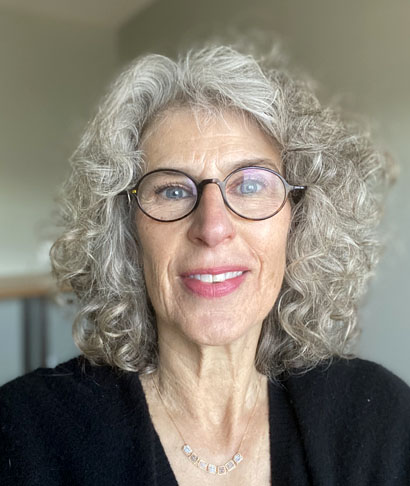About IARPP Australia
Upcoming Events
Subscribe to our newsletter

In “Ego and Reality” Loewald explains that the ego doesn’t encounter a pre-existing reality. Where the ego had originally contained “everything,” it “detaches from itself an outer world.” This detachment introduces a loss, one that instantiates structural change in intrapsychic organization and interpsychic relating and serves as the model for ongoing intrapsychic change. Loewald also makes clear that this loss establishes a tension between the ego and the original union. If the two become overly attenuated, the ego fragments. If the tension slackens or collapses, there is engulfment by the id and psychosis.
Keeping in mind that an initial loss allows for the distinction of ego and reality, Loewald takes up Freud’s idea that mourning is not pathological, developing a metapsychology that moves beyond Freud to suggest that mourning is in fact a generative process repeated at various stages of psychic development. Our clinical work often confronts us with individuals suffering from arrested, thwarted, or incomplete psychic development of greater or lesser severity. When a traumatic experience is the cause of the delay or arrest symptoms can be ongoing and disruptive. We move from mourning to melancholia.
This talk considers the role of loss and mourning on the early psychic structure in a case of DPDR (Depersonalization and Derealization Disorder). This talk will consider a case of DPDR that has its roots in an early childhood intrapsychic trauma that disrupts the capacity for establishing “cohering difference,” a structure of relationship in ego-object and intersubjective relating. The relationship of "cohering difference" and generative mourning are revealed through an analytic approach to an acute DPDR experience. The clinical value of these concepts and approach will be illustrated in considering this case of DPDR.
Cheryl Goldstein, Ph.D., Psy.D. is a clinical research psychoanalyst trained at the Institute for Contemporary Psychoanalysis in Los Angeles. She has written on the significance of displacement as both unconscious process and lived experience in literature and in the development of psychoanalytic thought, as well as on psychoanalysis and Jewish ethics and identity. Her interest in the influence of Freud on the Relational movement has led her to the works of Hans Loewald whose writing continues to be a focus in her research and clinical work. She has presented on the significance of at-onement and difference in Loewald’s developmental theory, has presented at the Loewald Center, and is currently co-authoring Loewald: A Contemporary Introduction for Routledge. Her work has been published Psychoanalysis, Self, and Context, Psychoanalytic Perspectives, as well as contributing the chapter on psychoanalysis and anti-Semitism in Authoritarianism in All Its Guises: Perspectives on Right, Left, and Center. Dr. Goldstein is member of the New Center for Psychoanalysis where she serves on the faculty, and at ICP where she teaches and is a Training and Supervising Analyst. She has a private practice in Los Angeles, California.